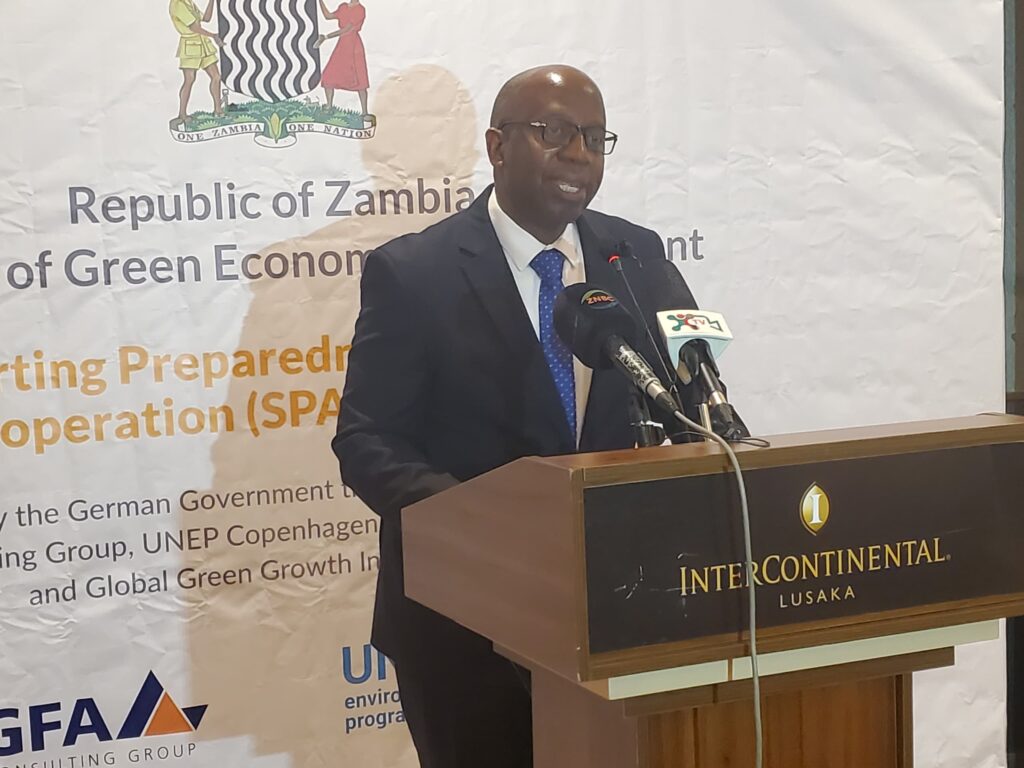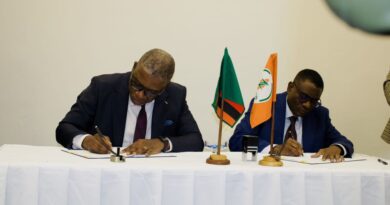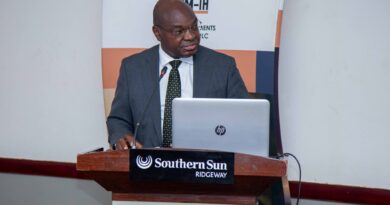Zambia Launches Climate-Resilient Ecosystem Restoration Project to Combat Environmental Challenges
Dr. Douty Chibamba, the Permanent Secretary of the Ministry of Green Economy and Environment in the Republic of Zambia, delivered a passionate address during the launch of the Climate-Resilient Ecosystem Restoration and Sustainable Land Management in Central and Southern Zambia Project.
The event took place at the Taj Pamodzi in Lusaka, gathering a distinguished audience, including the FAO Country Representative, Ms. Suze Filippini, and the Mission Team Lead, Mr. Edward Kilawe, along with various government officials, co-operating partners, representatives from faith-based institutions, and non-governmental organizations.
The project launch meeting aimed to address the pressing environmental challenges that Zambia is facing, including deforestation, forest degradation, loss of biodiversity, and increased climate change impacts.
These issues have led to significant consequences such as soil erosion, droughts, floods, and other extreme weather events, affecting the livelihoods of rural communities and exacerbating land degradation.
According to Dr. Chibamba, unsustainable agricultural practices, wood fuel harvesting, and charcoal production are among the main drivers of land degradation in central and southern Zambia.
In response to these challenges, the Ministry of Green Economy and Environment, in collaboration with the Food and Agriculture Organization (FAO), has been working tirelessly to develop interventions to address these issues.
During the meeting, Dr. Chibamba announced that the project had received approval under the 8th replenishment cycle of the Global Environmental Facility, amounting to $11,810,092 USD.
The project’s primary objectives include restoring degraded ecosystems, promoting sustainable natural resource management and biodiversity conservation, and enhancing the climate resilience of rural communities in central and southern Zambia.
The Permanent Secretary emphasized the government’s commitment to creating an enabling environment for reduced ecosystem degradation, strengthened biodiversity, and improved climate resilience.
The ministry aims to spearhead the restoration of degraded landscapes across the country and implement integrated approaches to reduce degradation and enhance resilience at all levels.
Dr. Chibamba urged all stakeholders to build upon existing policies and programs, taking into account lessons learned from previous initiatives.
He expressed confidence in the meeting’s potential to redefine narratives and investment priorities, setting the stage for successful project implementation.
The launch meeting signified the government’s dedication to combat land degradation, desertification, climate change, and biodiversity loss, particularly in arid regions.
Dr. Chibamba thanked the FAO for its unwavering support in environmental, biodiversity, and land management, as well as the Global Environmental Facility for its commitment to addressing environmental threats worldwide.
In conclusion, he called for full participation from all stakeholders to ensure the project’s objectives are realized, emphasizing the government’s commitment to improving the lives of the Zambian people through sound environmental management.
The Climate-Resilient Ecosystem Restoration and Sustainable Land Management in Central and Southern Zambia Project represents a crucial step toward addressing environmental challenges and fostering a more sustainable and resilient future for Zambia.



